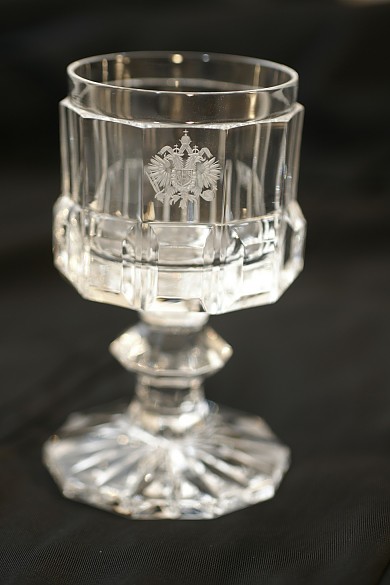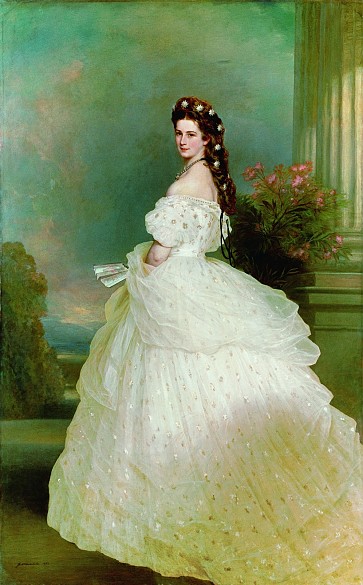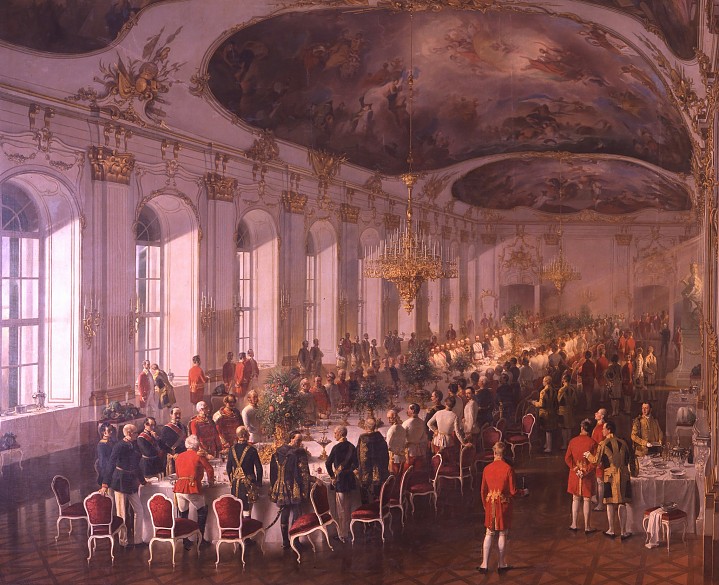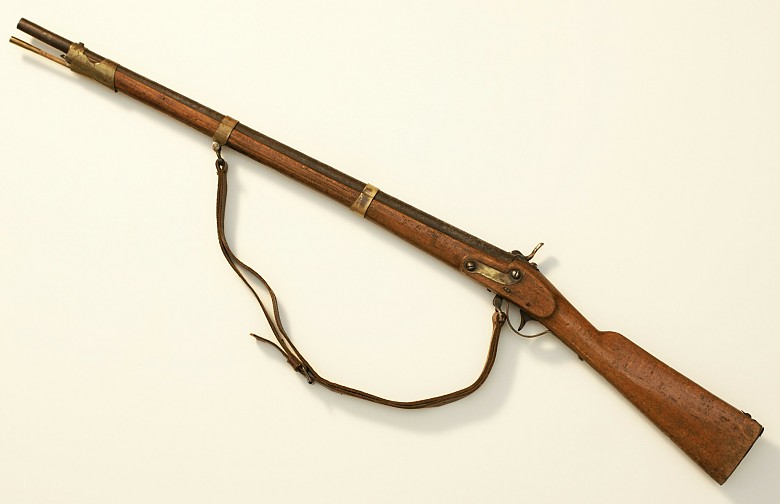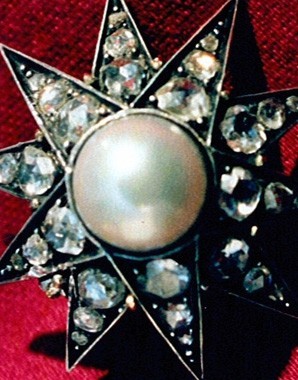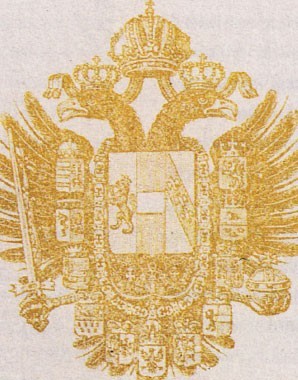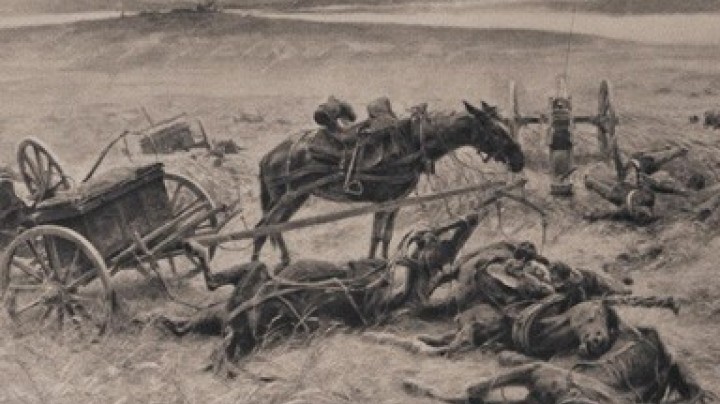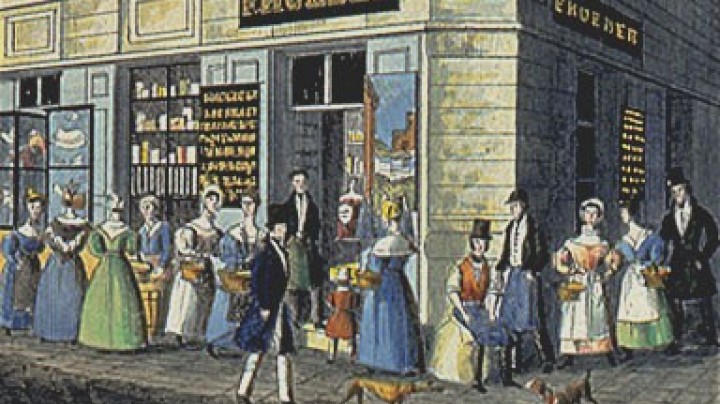Exclusive items and buying in bulk – What the Habsburgs ordered from the Suppliers to the Imperial-Royal Court
Would you like to wear the diamond stars Sisi wore in her hair? That is actually possible – for a small fortune, as there is a jeweller in Vienna who is still making the Empress’s famous hair ornaments.
The originals were made by Köchert and Pioté, jewellers who, as Imperial-Royal Court Suppliers and later also as Chamber Suppliers, were in addition responsible for the upkeep of the coronation insignia; they also took care of the crown jewels without charge.
However, the imperial family and court ordered not only luxury goods from the Court suppliers but also everyday items like food, clothes or household goods. Food in particular accounted for a considerable part of the Court’s budget. Expenditure was just as high when it came to providing crockery and glasses: an imperial banquet required over a thousand glasses. The consumption of alcohol was also considerable: for a table with twenty-four guests around twelve litres of wine was provided, that is to say half a litre per guest. The Court’s annual consumption was between 3,360 and 4,480 hectolitres of wine – equivalent to the volume of eight smallish swimming pools.
The lucrative contract for the supply of all table glassware for the residence in Vienna, the palace in Budapest and Mirimare castle near Trieste was awarded to Lobmeyr’s. It was hard for small businesses to gain such orders from the Court because it was difficult for them to supply goods in such quantities.
The Court Suppliers received orders directly from the imperial family. The Habsburgs’ passion for hunting is also reflected in the ledgers of the suppliers: here it is Archduke Franz Ferdinand who is especially prominent, with many pages of his orders from Johann Springer’s Heirs, gunsmiths and small arms dealers, having been preserved.
